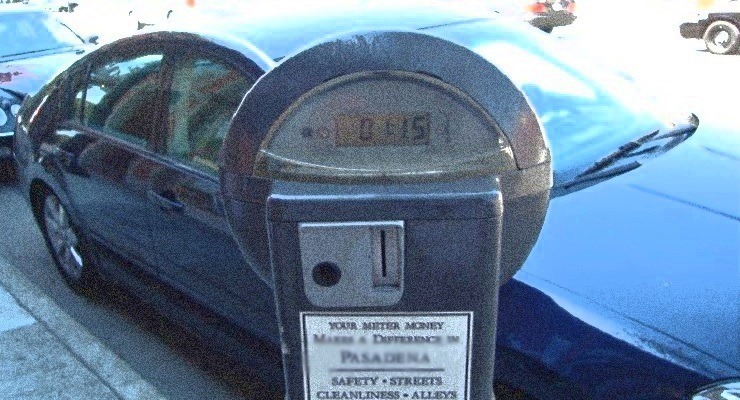 Three new bills enacted recently by the California legislature could provide some financing opportunities for Pasadena’s economic development, infrastructure and affordable housing programs, Pasadena Housing Director William Huang and Economic Development Manager Eric Duyshart said last week in a memorandum.
Three new bills enacted recently by the California legislature could provide some financing opportunities for Pasadena’s economic development, infrastructure and affordable housing programs, Pasadena Housing Director William Huang and Economic Development Manager Eric Duyshart said last week in a memorandum.
The three state bills, the pair wrote, are the Affordable Housing Special Beneficiary Districts bill (AB 2031), Enhanced Infrastructure Financing Districts bill (SB 628), and the Community Revitalization and Investment Authority law (AB 2).
AB 2031 enables a city or county to reject the property tax revenue funds, also referred to as “boomerang funds,” it normally receives from the county auditor-controller as part of the dissolution of redevelopment, and direct those funds to an affordable housing special beneficiary district.
The district would be established as a temporary and distinct local governmental entity for the sole purpose of receiving the funds in order to provide capital for affordable housing development within its boundaries through bond financing.
SB 628 allows cities and/or counties to establish Enhanced Infrastructure Financing Districts (EIFDs), where projects are funded within the District by using the various taxing entities share of the property tax dollar.
Explaining its significance, Huang and Duyshart said the City of Pasadena is a taxing entity and receives about 21 percent of the property tax dollar; the other entities are Los Angeles County which gets 28 percent and Schools which gets about 48 percent.
The law allows entities to pool their respective shares to finance projects, but prohibits schools, the largest recipient of the tax dollar, from participation.
Huang and Duyshart said the City of Pasadena could choose to set up an EIFD on its own without the other entities, especially when there are large-scale projects being presented.
AB 2 authorizes tax increment to be used to finance economic development projects and affordable housing. A Community Revitalization and Investment Authority (CRIA) may be a single or joint powers jurisdiction that adopts a Revitalization Plan to focus on deteriorated neighborhoods, former redevelopment project areas, and former military bases.
School and community college districts and redevelopment successor agencies are prohibited from participation in a CRIA.
Huang and Duyshart said although none of the three state bills are replacements for redevelopment, they do provide options for capturing and bonding against some tax increment revenues.
The two officials said staff will continue to monitor local opportunities that may benefit from these financing opportunities.














 0 comments
0 comments


